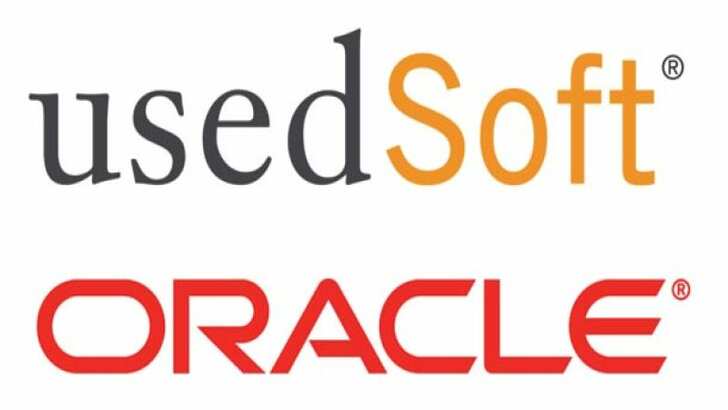The European Union's Court of Justice has ruled that consumers within the EU can legally resell downloaded games and software, despite any restrictions in End-User License Agreements (EULAs). This decision stems from a legal dispute between UsedSoft and Oracle, and hinges on the principle of exhaustion of distribution rights.

Copyright Exhaustion and Resale Rights:
The court determined that once a copyright holder sells a copy of software and grants the user unlimited usage rights, the distribution right is exhausted. This allows for resale of that specific copy. This applies to games purchased from platforms like Steam, GoG, and Epic Games. The original purchaser can sell the license, enabling a new buyer to download the game. The ruling explicitly states that even if the EULA prohibits further transfer, the copyright holder cannot prevent resale.

The process might involve the original buyer transferring a license code, losing access after the sale. However, the lack of a formal resale system creates practical challenges. For instance, how registration transfers would work remains unclear, especially considering that physical copies remain registered to the original owner.
Limitations on Resale:
The ruling clarifies that the seller must render their copy unusable upon resale to avoid copyright infringement. Continuing to use the game after sale would violate the copyright holder's reproduction rights.

Reproduction Rights and Necessary Copies:
While the distribution right is exhausted, the reproduction right remains. However, the court clarifies that reproduction is permissible for the lawful user's intended purpose. This includes downloading the software onto a new device.

Backup Copies:
Importantly, the court specified that backup copies cannot be resold. This is based on a separate case, Aleksandrs Ranks & Jurijs Vasilevics v. Microsoft Corp.

In summary, while the EU court's decision grants consumers the right to resell downloaded games, practical implications and the absence of a defined resale market remain significant considerations.















